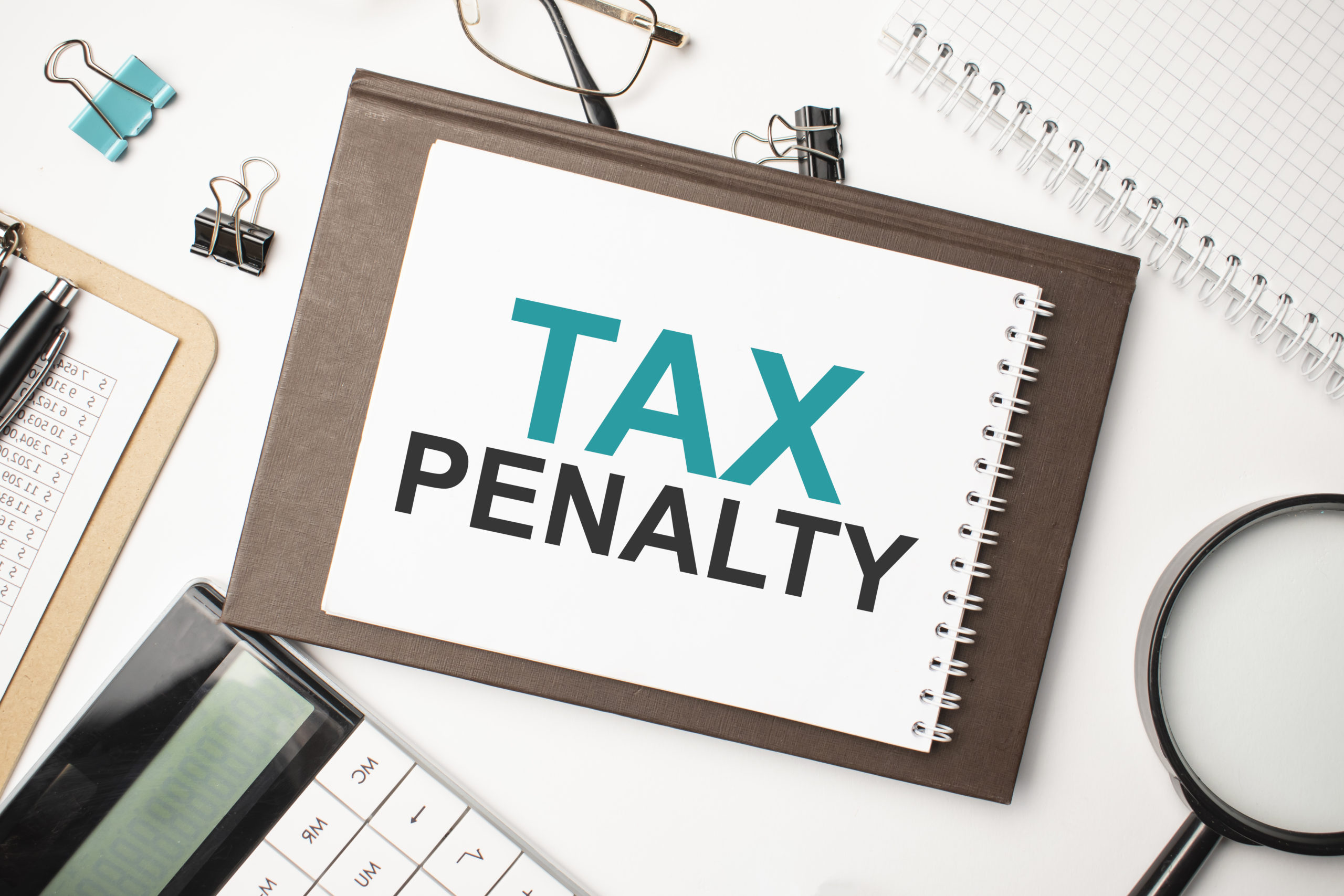Tax season just ended and many taxpayers are receiving their refunds. But all required tax returns were not filed. According to recent IRS estimates, there are at least 10 million tax payers that the government has identified as, “non-filers.” If you filed an extension, you have until October to file your returns, but at least 10 million Americans have not filed returns for prior years.
There are many reasons why tax returns might not be filed. When life gets messy it can be difficult to keep up with your tax reporting obligations. If you are able to catch up and file your return, late as it may be, you can often pay a penalty and interest and move on with your life. But that can be difficult if you have a significant balance due, and this problem can quickly snowball.
Penalties Quickly Add Up
Some individuals have not filed returns for more than 10 years. If you happen to owe money, the failure to file penalty is 5% each month with a cap of 25% per tax year. If the reason you did not file was because you would have trouble paying the bill, this certainly does not help anything. If this wasn’t bad enough, once it gets to that 25% then a failure to pay penalty of 1/2 to 1% is added per month. The balance due can increase by 50% or more at this stage just from penalties. And that is before interest.
If you still are unable to pay, it will get serious when the IRS begins to send out levies and file liens. And the government really knows how to collect. Before too long, the situation might seem hopeless to you, but the worst thing you could do is ignore it at this point. The IRS recently hired more than 800 new revenue officers and revenue agents.
It does not have to get worse. The first thing to do is get compliant. In order to be compliant, at least at the federal level, you need to file the last six years of returns and be current with this year’s wage withholding and quarterly payments. Once you are compliant then you can begin to deal with the debt.
You Have Options
Offers-in-compromise, payment plans, and even non-collectible status are possible solutions once you are compliant. Becoming compliant will also show the IRS that you really do want to do the right thing. That is why the IRS will not really work with you while you have returns outstanding. Filing your returns is a big act of good faith. This good faith is sometimes all you need to start a better relationship with the IRS as you begin to tackle your tax debt problem.
If the IRS is already issuing levies and liens, you should move even more quickly. An attorney representing you can put you on the best path toward solving your tax problem. Many times, your tax counsel can take actions to halt IRS collection efforts while you become compliant and take advantage of your collection due process rights.
If you have unfiled tax returns or the IRS or State Department of Revenue are sending you notices, call us. Once you are compliant and taken steps to resolve your tax debt, you can focus on the future rather than tax seasons of year’s past. We can assist you in each step of the process.

